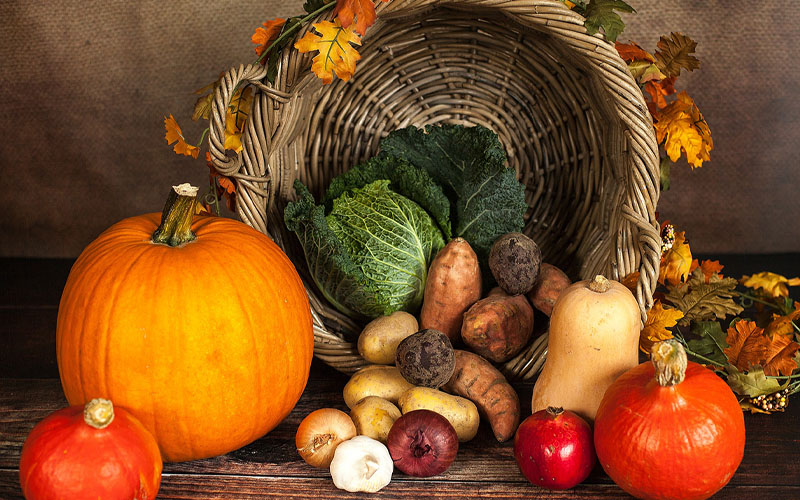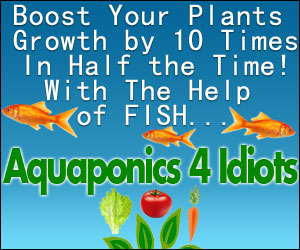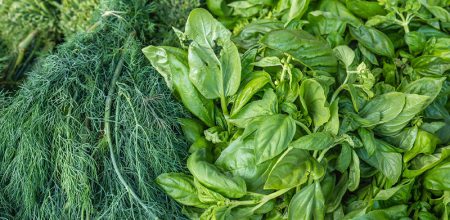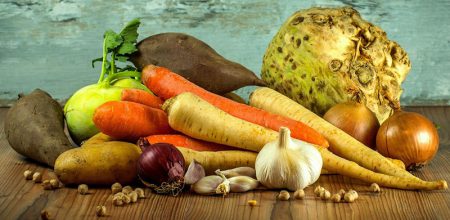
If you live in one of the zones that have sweltering summer months, you may have noticed that trying to grow a food garden in that heat can put up quite an obstacle for you.
If you’ve tried growing vegetables before, and ended up with wilted plants that seemed to die out regardless of how much water you gave them, then you want to plan a vegetable garden using heat resistant crops.
Root vegetables are a great way to grow crops in very hot temperatures. But some enjoy the heated climate more than others, such as sweet potatoes. You still need to keep the soil damp, but it will thrive in seasons where the days make you melt and the nights are overly warm.
Peppers are an easy vegetable to grow, and you can start them when the summer has reached its hottest point. You can grow bell peppers or other varieties that provide more heat for you, such as chili’s or jalapenos.
If you’re sick of certain leafy greens bolting on you, then consider growing some Swiss chard in your vegetable garden. This leafy green doesn’t mind the hot climate, and you can sauté it or use it in salads.
Another green vegetables that soaks up the heat is okra. This is a hearty vegetable that you can boil, fry or even pickle if you want. You can plant it in the middle of summer and harvest it early for tender pods.
Green beans are known to tolerate heat well in a vegetable garden. Look for bush beans or pole beans you can grow during the hot summer months. These come to maturity quickly, so you can plant and harvest more than one crop.
Does your family love corn on the cob? If you’re in a hot zone, consider this vegetable for your garden. Corn does well growing during the summer months, and it’s fun for kids to harvest and cook as well.
Eggplants are a purple vegetable that can even be used as a meat substitute for some recipes. It grows better in hot climates than it does in cool ones. You’ll still need to make sure it gets plenty of water, but combine that with plenty of direct sun and you’ll have a thriving crop.
There are many other vegetables that do well in a garden positioned in a hot weather zone. You want to make sure that you maximize the weather you’ve got with the specific types of food you want to grow, so if something doesn’t tolerate it well, hold off until the fall or spring months.






